Greetings, book-eaters and treat-lovers!
Before I launched this newsletter a little over a year ago, I came up with two months’ worth of themes. I planned ahead because I wanted to avoid this: “Oh shit, it’s Monday night and I have no idea what this week’s newsletter is going to be about!”
Cut to Monday night. Me, sitting on my couch, halfway through ten different books, desperately trying to find two to go with this brilliant upcoming novel I just finished and want to rave about, thinking: “Oh shit, it’s Monday night and I have no idea what this week’s newsletter is going to be about!”
Alternate themes were racing through my head. What about that other fantastic upcoming book I’d read last week? Had I read anything recently that could go with that? No? Okay, no prob, I’ll just sit down and read this 270-page book tonight, and there’s no chance I won’t like it, and then I’ll finish off this other 300-page book tomorrow and it’ll all work out, this is fine, I am in control of this situation, nothing is wrong here.
Obviously, something is wrong here. I am a human with a life that exists outside of books, and the truth is I’ve been struggling to keep up for a few weeks now. I don’t have newsletters planned out months in advance anymore—I caught up long ago. Until now, I’ve been able to make it work. I read a lot. Themes present themselves to me. But not this week. This week, I could not do it.
Friends, it was around 10:30 pm on Monday when it occurred to me that I have been a reader since circa 1994. I have read more incredible books than I’ll ever be able to recommend here. What if, to give myself some breathing room, I just wrote about some of those books? WHAT.
Despite some goals I made for myself at the beginning of the year, I like structure and have a hard time letting go of it. You are all lovely and enthusiastic and delightful. I know you are not going to unsubscribe in droves if I hit pause on themes and upcoming releases for a minute. Still, it took some courage to admit to myself that I need to take a breather, and that doing so is not a failure. As soon as I did, I was flooded with relief. A massive weight disappeared from my chest. I slept so soundly.
I’ve been thinking a lot about reading burnout and exhaustion and the standards we hold ourselves to, especially after listening to this episode of All the Books, which I highly recommend, and which came to my attention thanks to Patricia Elzie's fabulous newsletter (which I also highly recommend). The world is a shitshow, the pandemic is still a lot. I’m tried, and you’re probably tired, too.
So, in the spirit of ‘we’re all human and doing our best’, welcome to today’s newsletter: Best of the Backlist. These books have nothing to do with each other. They are just three books I love. I’m going to be writing Best of the Backlist newsletters until it makes sense to stop.
Thanks for reading this absurdly long saga, everyone, and thanks, as always, for hanging out here and listening to me shout about books.
The Books
Real Life by Brandon Taylor (Fiction, 2020)
I’m sure a lot of you have heard of this one. It’s one of my favorite novels. Taylor has a particular writing style, one that I’ve seen described as “overwritten” (a word I hate). I’ve seen his prose criticized in reviews, in the way that overly “literary” prose sometimes is. But I am word person. I love words and I love prose like this, prose that’s aware of itself, artful, tangled and poetic, more than it needs to be. Taylor’s prose is why I love this novel so much. I am also not a critic, yay! I love not being a critic. I get to love what I love, and shout about it.
So this is an unbearable book. Unbearable because the way Taylor writes about loneliness, alienation, otherness, being Black in white spaces, internalized trauma, and the endlessness of American racism is so sharp and intimate. Unbearable because reading prose like this makes it difficult to breathe. For me, this book was a full-body experience. I gasped, shouted, groaned, cursed. It’s a testament both to the power of Taylor's prose and the complexity of the protagonist, Wallace.
Wallace is a Black gay man getting his PhD at a small Midwestern university. The novel takes place over one summer weekend. Wallace’s dad has just died. He’s trying to decide whether or not he wants to stay in his program. He hangs out with his mostly white friends and has a very messy, complicated, and violent sexual/romantic entanglement. All of this felt so real to me that I basically stopped everything I was doing for two days to read this book. I was swallowed up by Wallace, by writing so honest and vulnerable that reading it is uncomfortable, like you’re a little too close, like you’re literally inside the character's own skin, a place that’s not actually yours to inhabit.
Taylor writes with such clarity about ordinary moments: the insidious racism of academia, the particular high-pitched racism of white women, grad school culture, the geography of the Midwest. Also: the twisting complexity of desire, the messiness of living in a body, all the tiny things we hide from friends and people we call friends, all the massive things we hide from those people, and from ourselves, the bizarre experience of watching yourself make the same mistakes over and over again. Taylor writes about all of these things perfectly, beautifully, and yet he does it so specifically. Everything that happens to Wallace is specific to his particular histories, traumas, desires, confusions. His way of thinking, of processing and not processing emotion, of reflecting and speaking, is wholly his own.
So much of this novel has stayed with me so closely. Dinner parties have a certain weight in fiction; it’s hard to pull off a scene with so many people, so many moving parts, so many subtexts and undercurrents. There is a dinner party scene in this book that still lives rent-free in my head. I don’t think I’ll ever stop thinking about it.
I listened to the audiobook, narrated by Kevin R. Free, which I highly recommend. I’m certain that some of my love for the book has to with Free’s performance. He’s always brilliant (he’s the voice of Murderbot, if you haven’t had the pleasure of listening), but he’s especially perfect in this.
Tomboyland by Melissa Faliveno (Essays, 2020)
This is actually one of my favorite books. I’ve been saving it as a back-pocket rec—for today! Even though we have different queer experiences in many ways, I saw so much of myself in these essays, and I come back to them often.
Faliveno’s writing is so clearsighted and intimate. In a series of beautiful essays, she explores place, queerness (specifically bisexuality and bi erasure), parenthood, desire, Midwestern culture, queer family. There’s a fascinating essay about tornadoes and a brilliant one about pantry months (among other things). She writes about gender expression and identity, and how her relationship with gender has changed through her life—specifically how places and cultures of place have influenced how she thinks about and experiences gender.
I don't have a connection to Wisconsin, and yet her writing about her experience of that place, and her Midwestern identity, felt so familiar to me. There's so much detail and vulnerability. It’s an invitation: to sit with her in the contradictions and challenges of loving and leaving and coming back to and wrestling with a particular place. I have felt this so often in my life. Places, often more than people, have defined me. I don’t come across place-based writing about queerness very often, and I just wanted to sink into this book forever.
I read it in 2020, and still, almost weekly, I think about the essay about her choice not to have kids, the grief of the choice not chosen, and the ways that the world refuses to make space for that grief. I do not want kids, but I do have a lot of feelings about motherhood and parenting. At times it feels almost impossible to talk about not wanting kids, because of the complicated societal pressures and expectations around it. Faliveno’s essay about choosing not to be a parent is not simple. It holds space for contradiction, loss, uncertainty, certainty, joy. It felt like she reached into my heart and wrote down truths I didn’t know how to name before. It’s some of the best writing about parenting/not parenting I’ve ever read.
It’s also a book that explores the possibilities of queerness in a hundred different ways, and how queerness can mean so many different things to different people. These essays are about how queerness intersects with place, parenthood, and the natural world. Faliveno pushes back against binaries and boxes, instead exploring a queerness that is expansive, that has room for — and benefits from — a million iterations. In writing about all her varied experiences, Faliveno opens up queerness, makes space for non-mainstream queer identities, sex, relationships, families. It disrupts the expected and stereotypical narratives about what queer lives do and do not look like. She asks more questions than she answers.
This book opened my brain and my heart in a thousand ways. I love it with my whole self. The writing is singular and fluid, full of beauty and contradiction, layers upon layers upon layers.
We Are Satellites by Sarah Pinsker (Science Fiction, 2021)
I read this book last summer, and I liked it, though I wasn’t completely wowed. But it has stuck with me. The characters still feel vivid. I often find myself thinking about the questions it raises—about technology and autonomy and family and activism. Some books become instant beloveds, and some books slip away, out of memory, blending into the mass. Then there are books like this, quiet, unobtrusive books that refuse to let go. It’s always a pleasure to discover them.
This is a light sci-fi story, a very slow burn with a low-action plot. For the first two thirds of the novel, there is not much conflict or emotion, let alone plot. I found myself wondering where it was going, and whether I should stick with it. I’m glad I did. The narrative switches between four POVs: Val, a teacher; her wife Julie, a Congressional staffer; and their two kids, Sophie and David. Along come Pilots, a new kind of brain implant designed to make it easier to multitask, increase focus, etc. David wants one immediately. Julie gets one soon after. Sophie can't get one because of a medical condition that causes seizures, and Val doesn't want one.
It's clear from the beginning that there's something shady about Pilots. Pinsker doesn't come out and say it, but you can feel it. You just know that something is going to go wrong, that there is something is nefarious about the whole idea and the company that makes them. For a few hundred pages, that’s the plot. The family plods along. Pilots are vaguely sinister, but not especially sinister. There are minor family squabbles here and there, but nothing major. Ordinary life unfolds, slowly.
It all picks up in the last section. The characters come to life, real conflict emerges between them, and they all start making bad choices and big mistakes and hurting each other, intentionally and unintentionally. It gets messy, fast. The plot surrounding the company that makes Pilots takes a creepy and disturbing turn. After wondering where the story was going for so long, I was suddenly riveted, mostly because of the ways this technology so profoundly changed the relationships in one family.
This is a book that takes some patience to read. You have to wait for it. I came to appreciate the way Pinsker set it up. It’s a story about a happy, functional family. They all love each other. Val and Julie are good parents. Their kids get what they need. Nobody has any major past traumas. On the whole, they’re all content with their lives until Pilots have been around for a few years—and then it all implodes. The truth about Pilots sneaks up on the reader, just like it sneaks up on the characters. It feels like it’s all happening in real time. I was waiting for something to happen, for something to go wrong, and, though they didn’t necessarily know it, so were the characters.
I remember being a bit grumpy when I first read it—the payoff was definitely worth it for me, but, despite the artistry and symmetry of it, I didn’t feel like I could wholeheartedly praise it. So I didn’t recommend it here. But some books just need time to settle. I’m wholeheartedly recommending it now.
The Bake
My cousin has been raving about Snacking Cakes by Yossy Arefi for a while now. So last weekend, when I felt like making a quick cake, instead of looking through one of the dozens of cookbooks my shelves, I checked the ebook out of the library and immediately fell in love. It’s a whole cookbook of one-bowl cakes, the kind of delicious treats you can whip up on a weeknight. No stand mixer required! There’s a brilliant section at the end of each recipe outlining how to adapt it for different pans. I will be buying this book for sure.
Buttered Walnut Cake with Cinnamon Glaze
Naturally, I messed with this recipe a little bit. I added chocolate, changed up the spices, and finished it with a cinnamon glaze instead of a coffee-maple glaze. I can’t get over how delicious it is, honestly.
Ingredients
For the cake:
1 stick (1/2 cup or 113 grams) unsalted butter
110 grams (1 cup) walnuts, finely chopped
150 grams (3/4 cup) regular or toasted sugar
2 eggs
165 grams (3/4 cup) sour cream (I had quark, so that’s what I used!)
2 tsp vanilla extract
3/4 tsp salt
1 tsp cinnamon
160 grams (1 1/4 cups) all-purpose flour
1 1/2 tsp baking powder
1/4 tsp baking soda
100 grams bittersweet chocolate, roughly chopped
For the glaze:
100 grams (1 cup) powdered sugar
1 tsp cinnamon
1 tsp vanilla extract
2 Tbs milk
To finish (optional):
A handful of chopped, toasted walnuts
A handful of chopped candied orange peel
Shaved chocolate
Make the cake: Preheat the oven to 350. Butter a 9-inch round pan and line the bottom with parchment.
In a medium saucepan, melt the butter over medium heat. Continue cooking until it starts to bubble and hiss. Add the walnuts, and cook, stirring constantly, until the nuts are nicely toasted and the butter turns golden brown, 3-4 minutes. Pour into a large bowl and set aside to cool for a few minutes.
Add the sugar, eggs, sour cream, vanilla, salt, and cinnamon and whisk until combined. The mixture should be relatively smooth. Add the flour, baking soda, and baking powder, and mix until most of the flour disappears. Add the chocolate and continue mixing until homogenous.
Pour the batter into the prepared pan and gently smooth the top. Bake for 25-35 minutes, until puffed and golden, and a tester inserted in the center comes out clean. Let the cake cool in the pan for about 15 minutes before turning it out to cool completely on a wire rack.
Make the glaze: Combine the powdered sugar, cinnamon, vanilla, and one tablespoon milk in a small bowl and whisk to combine. Add more milk as needed until the glaze reaches a thick but still pourable consistency.
Assemble the cake: Pour the glaze onto the cooled cake and spread it with an offset spatula, letting it drip unevenly don the sides. Top with toasted walnuts, candied orange, and saved chocolate, if you feel like it.
The Bowl and The Beat
The Bowl: Farro & Cauliflower Bake
This is my ideal dinner: put a bunch of stuff in a dish, most of which does not require chopping, mix it up, stick it in the oven, and ignore it for 40 minutes. Brilliant.
Cut up a head of cauliflower into florets. Dump the florets into a 9x13-inch baking dish, along with a jar of tomato sauce, 1 1/2 cups farro, 1/4 cup olive oil, some oregano, red pepper flakes, salt, and pepper, 8-10 minced garlic cloves, and a whole bunch of grated Parmesan. Obviously you can add or subtract spices (or anything else). Add 1 2/3 cups water, mix well, cover with aluminum foil, and bake at 425 for 40 minutes. Uncover the pan, give it a stir, and bake uncovered until the sauce thickens, another 15ish minutes.
Combine a few big handfuls of panko, some more Parmesan, and a glug of olive oil in a small bowl. Sprinkle this over the top of the bake, followed by thick slices of fresh mozzarella. Broil for 1-2 minutes to brown the breadcrumbs and melt the cheese.
The Beat: Son of Sin by Omar Sakr, read by Hazem Shammas
I just started this and don’t have any opinions about it yet. It’s a queer Arab Australian book, something I’ve never read before. I picked it up because Zeyn Joukhadar told me to (by which I mean he reviewed it on Goodreads).
The Bookshelf
A Picture
This coming Saturday is Independent Bookstore Day! Last weekend I picked up this extremely charming map and guide to bookstores in the Pioneer Valley at the lovely Book Moon Books. I have been dreaming of a Valley Bookstore Tour for a while, and Independent Bookstore Day is the perfect excuse to finally make it a reality! There are 12 bookstores on my list; we’ll see if I make it to all of them!
Around the Internet
I made a list of 20 must-read queer books set outside the U.S., UK, and Canada.
Now Out
Hurray! Spell Heaven by Toni Mirosevich, which I reviewed way back in November, is now out! It’s a lovely collection of stories set in a small Northern California fishing town.
More Best of the Backlist
I started making “Best of the Year” shelves on Goodreads five years ago. Here are a few of the books I put on that list back in 2017: The Best We Could Do by Thi Bui (graphic memoir), Don't Call Us Dead by Danez Smith (poetry), and Christodora by Tim Murphy (fiction).
The Boost
This rad event is coming up!
Applications for the Braiding Seeds Fellowship are due next week. It’s a super cool opportunity for BIPOC farmers—spread the word!
As always, a little bit of beauty to send you on your way: It may not look like much, but last week I spent a few hours working in a coffeeshop for the first time in over two years. Everyone was masked while not eating; it was very quiet; it completely changed the tone of my whole day in a thousand small and wonderful ways.
That’s it until next week. Catch you then!

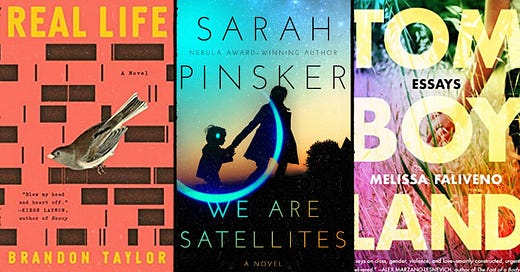



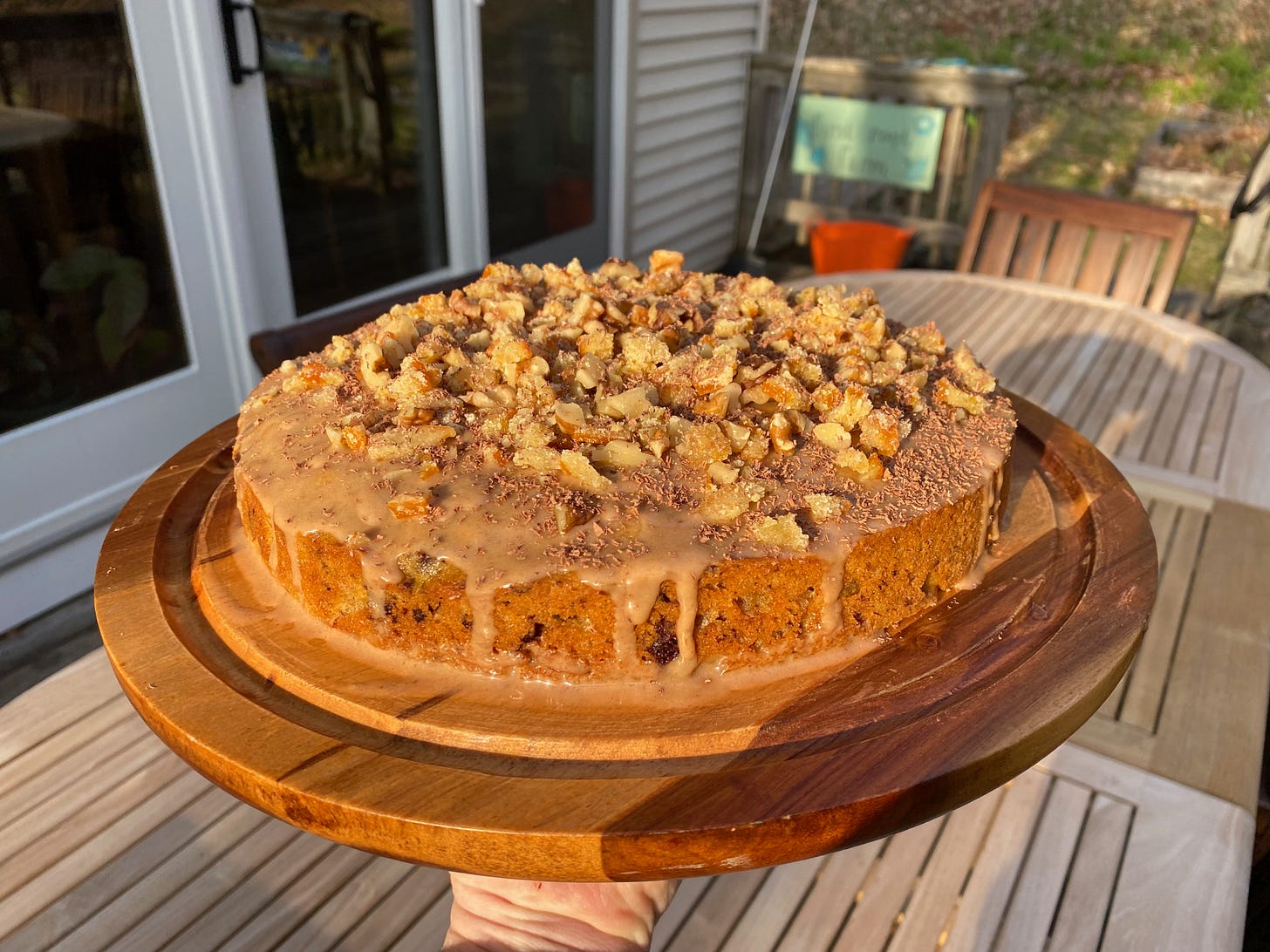
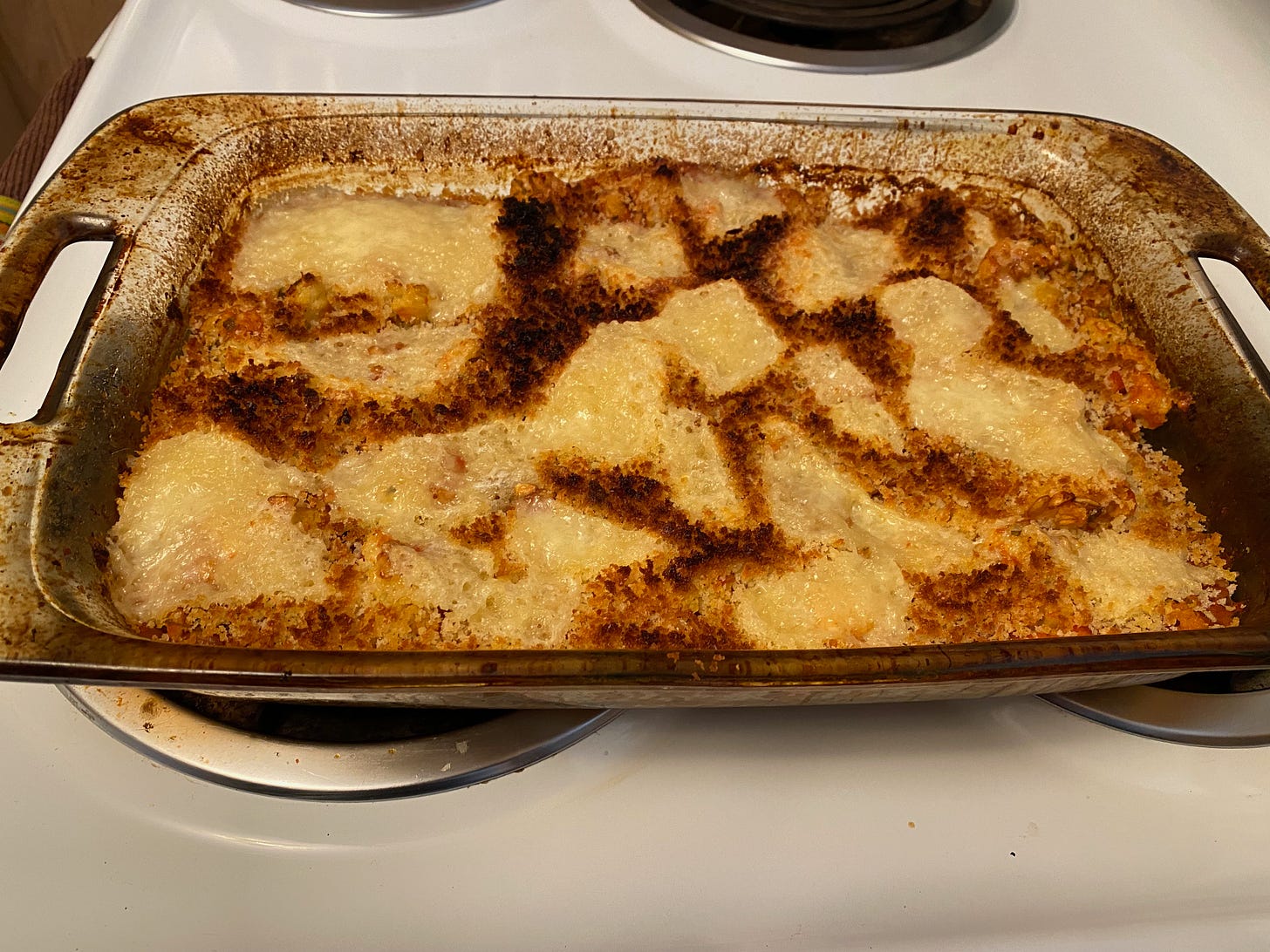
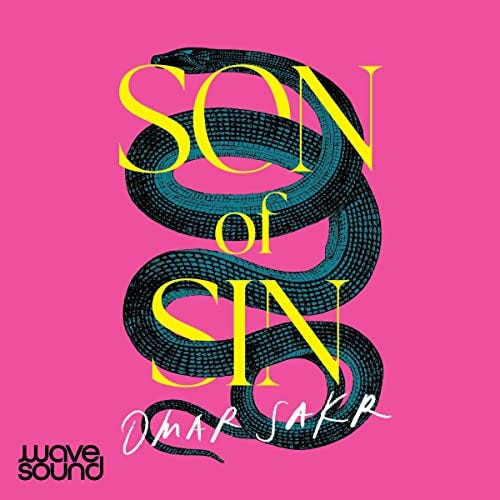
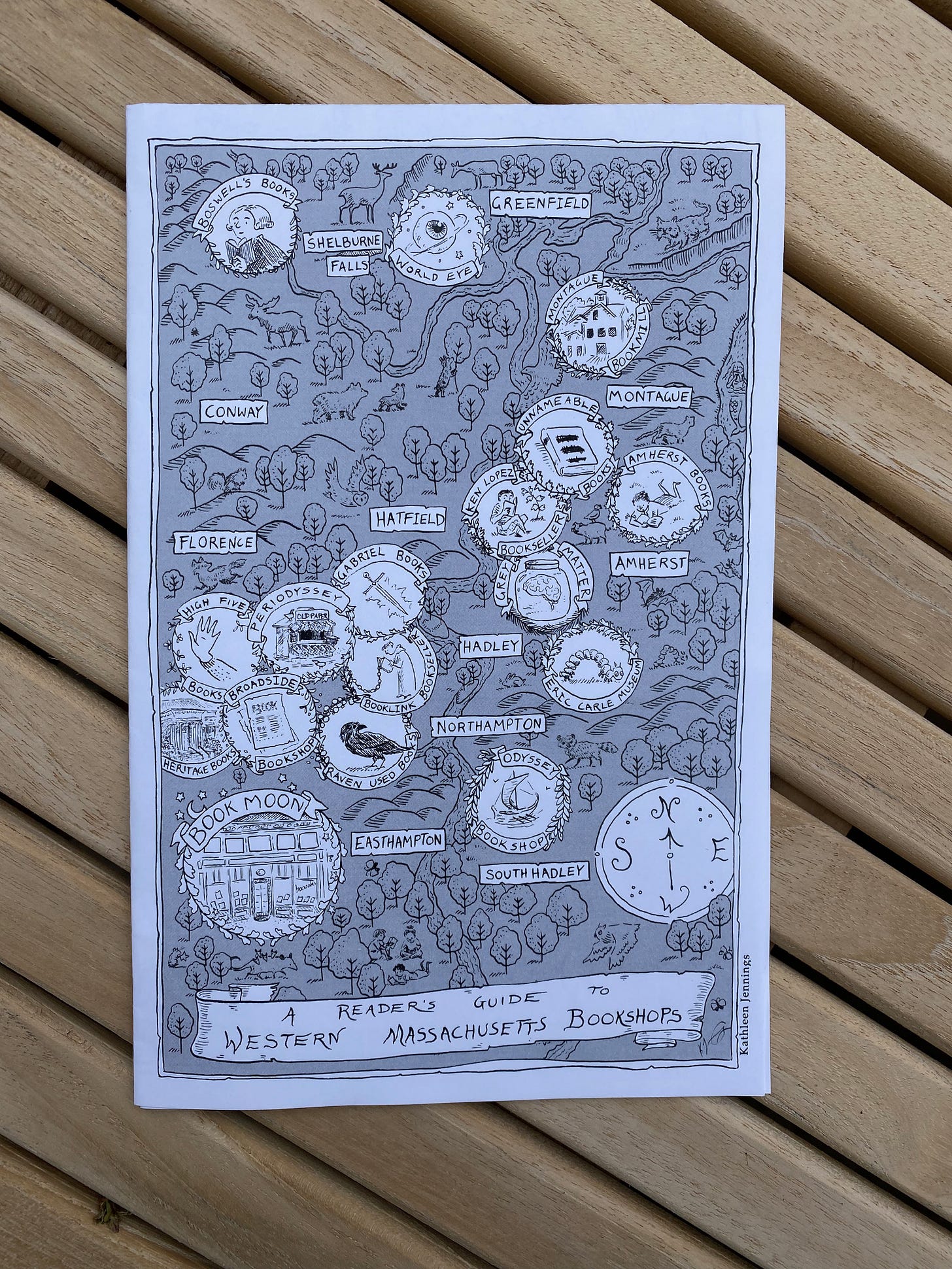

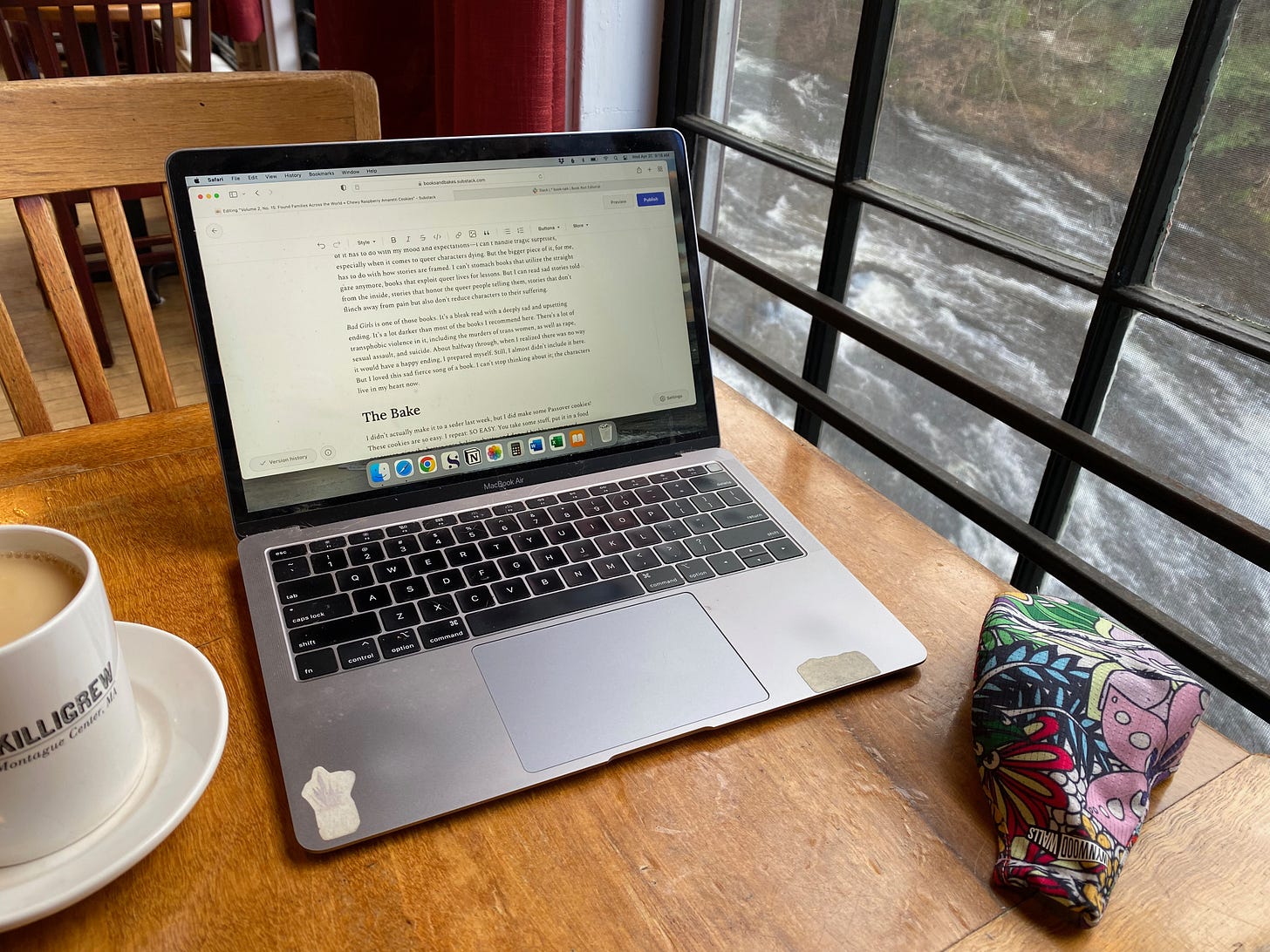
This is a relief to read, Laura. I've run into that a few times too. The other thing that happens is that I have a list of themes/subjects but when the day arrives, something else wants to be said. I think your backlist is terrific.
I love all your newsletters, especially this one! Real Life is a book I loved and can't wait to re-read and Tomboyland has been on my list for ages. Now I know I must pick it up. Hope you are able to make it to Broadside Bookshop (I work there!) on Saturday! We are so blessed to have so many amazing bookstores in the Valley!